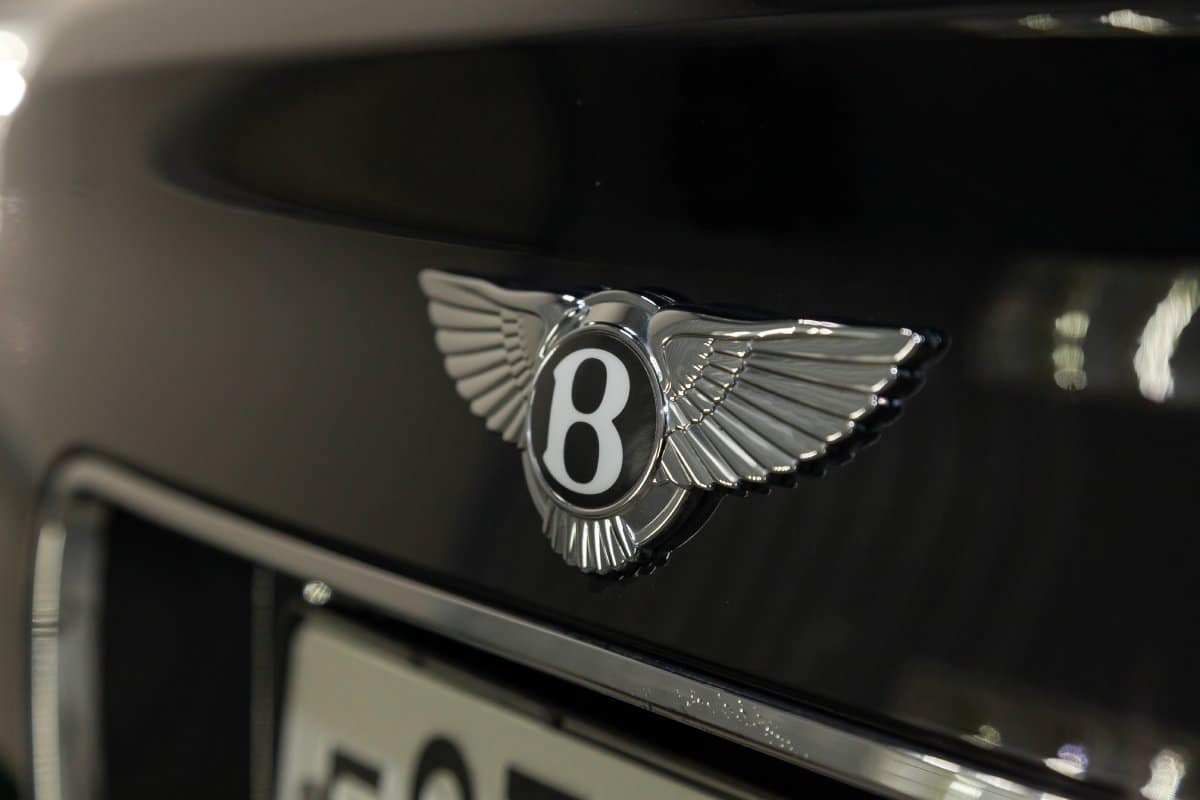Bentley’s record-breaking profits illuminate the global fascination with personalised luxury, showcasing the allure of bespoke craftsmanship amidst economic uncertainties and shifting consumer preferences. Here’s the full story.
Economic Malaise
The UK is currently stuck in an economic malaise, with an ongoing cost of living crisis, rampant inflation and an energy price crisis. However, not everyone is feeling the economic strain, with super high net-worth individuals going on a spending spree on luxury items.
One sign of this divided society is Bentley Motors, the renowned British luxury carmaker. The company has defied the economic downturn by reporting staggering profits exceeding £500 million.
This success level, despite the economic headwinds affecting the less affluent, is attributed to a burgeoning demand for personalised vehicles among the world’s wealthiest individuals.
“Never Seen Before”
Adrian Hallmark, Bentley’s CEO, attributes this surge in profits to a clientele willing to invest in “levels of personalisation that we’ve never seen before.”
Despite the cost-of-living crisis affecting the less fortunate, with unprecedented levels of poverty in the UK, the world’s sixth-largest economy, Hallmark notes that “our customers can still afford our cars.”
Bentley’s incredibly affluent clientele demonstrates the elite’s insatiable appetite for customisation. They transcend the conventional standards of luxury to distinguish themselves from other wealthy consumers, surpassing mere opulence to attain exclusivity.
The desire for luxury items to showcase the owner’s wealth used to be available to a select few, such as royalty or corrupt leaders of rich nations. Still, the need to stand out as a billionaire amongst the ranks of mere millionaires has increased the reach of the luxury car brand.
Automotive Distinction
Pursuing automotive distinction has become a global phenomenon, driving competition among the world’s elite. This globalisation of luxury underscores the universal appeal of personalised automobiles as symbols of affluence and status.
Bentley’s financial ascendancy is evident in its remarkable operating profits, reaching €589 million in 2023, the second-highest in its history. This financial triumph is complemented by robust retail figures, with the delivery of 13,560 cars, sales figures only surpassed by two other years in the company’s history.
While a standard Bently already has a hefty price tag starting at £170,000, which puts it far out of reach of the regular consumer, affluent buyers are willing to invest substantially more to achieve unparalleled levels of customisation.
£2 Million
Astonishingly, bespoke Bentley models have fetched prices exceeding €2 million, with additional options pushing costs to unprecedented heights. Such extravagance includes integrating exotic materials and personalised features, redefining the boundaries of automotive luxury to a level last seen in the Palaces of Versailles.
However, Bentley is not alone in the British automotive industry pursuing personalised luxury.
Byword for Luxury
Rolls-Royce Motor Cars, another byword for luxury and sophistication, offers equally extravagant customisation options for consumers with more money than they know what to do with.
From almost unimaginable extras, such as diamond-infused paint jobs, to celestial-themed roof designs, Rolls-Royce epitomises the pinnacle of bespoke automotive craftsmanship.
This rivalry underscores the competitive landscape of hyper-personalised luxury, where standing out above your rivals is worth whatever the asking price is.
Henry Ford
The trend towards personalisation harks back to the dawn of consumerism, contrasting the man many blame for the introduction of the nine-to-five workday, Henry Ford, and his ethos of mass production with modern-day demands for bespoke experiences.
Just as Starbucks revolutionised the coffee industry with its myriad customisation options, Bentley offers an astonishing array of configurations, boasting 46 billion possible combinations.
Environmentally Unsustainable
Despite Bentley’s triumphs in personalised luxury, like with so many things enjoyed by the super-rich, such as private jets, is fundamentally environmentally unsustainable,
The company has attempted to transition to electric vehicles but has faced severe delays, with the launch of its first battery electric car postponed to 2026. It seems one of the things the super wealthy cannot afford, as yet, is a habitable planet for those of us who don’t have a minimum of £170,000 to spend on a car.
Despite this, Hallmark affirms Bentley’s commitment to carbon neutrality, signalling a progressive shift towards sustainable luxury transport. Nonetheless, uncertainties surrounding government policies, such as the UK’s evolving stance on fossil fuel bans, pose challenges to the automotive industry’s future trajectory.
Economic Flux
Bentley Motors’ unprecedented financial success underscores the enduring appeal of personalised luxury in an era of economic flux. As affluent consumers seek unique expressions of wealth and status, Bentley and other luxury brands like it will continue catering to the ultra-wealthy ranks, selling the epitome of luxury.
It is unfortunate that for the ultra-wealthy to continue to stand out from the crowd with personalised luxury, the planet will continue to suffer.
More Articles Like This…
Broken Britain: 12 Reasons Behind the UK’s Decline
Say the Unsayable: 10 Occasions When Farage Spoke His Mind About Britain
The post What Cost of Living Crisis? Bentley’s Profits Soar Due to Surge in Personalised Car Orders first appeared on Edge Media.
Featured Image Credit: Shutterstock / Aleksandr Kondratov.
Grant Gallacher is a seasoned writer with expertise in politics and impactful daily news. His work, deeply rooted in addressing issues that resonate with a wide audience, showcases an unwavering commitment to bringing forth the stories that matter. He is also known for satirical writing and stand up comedy.

